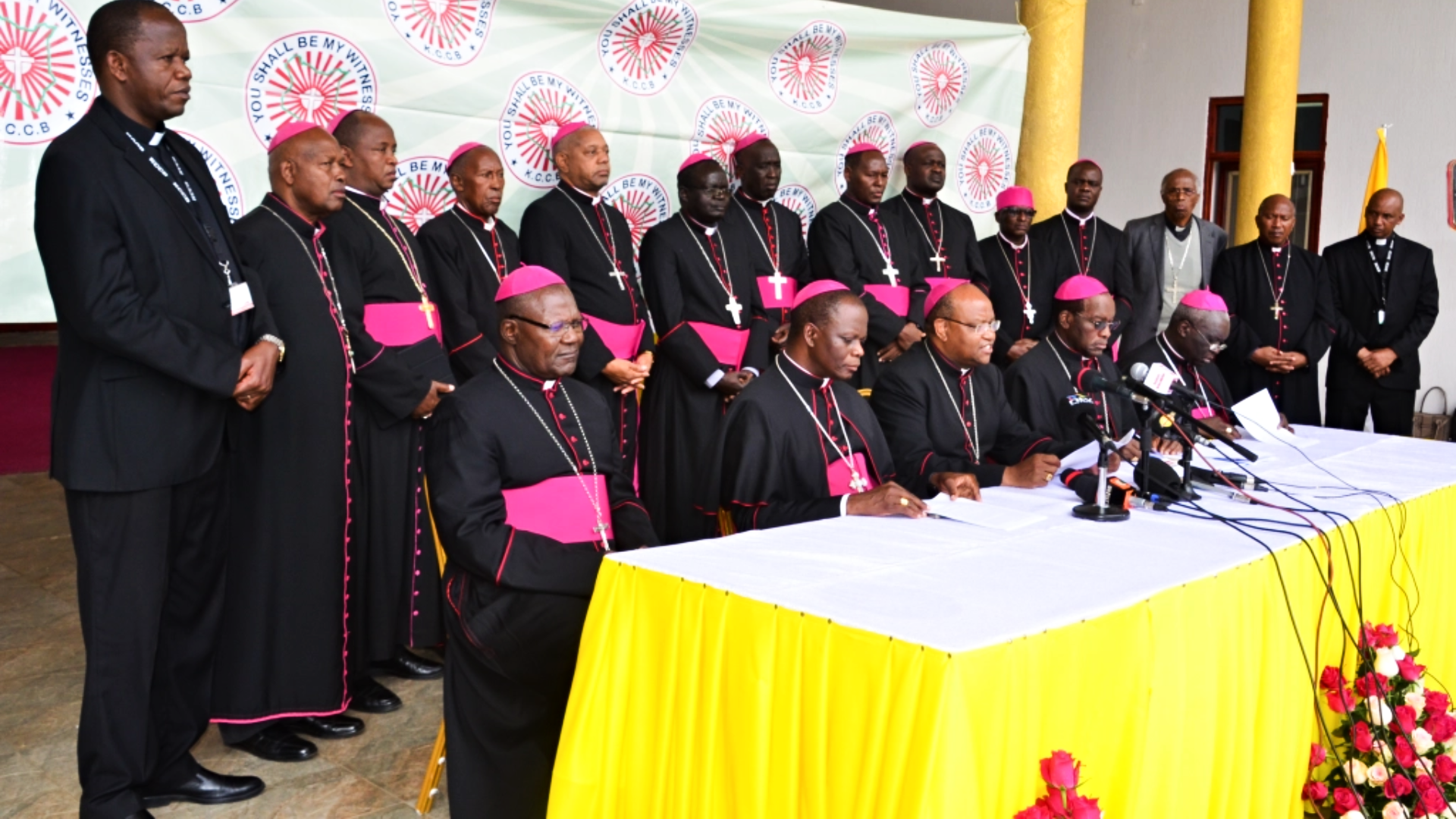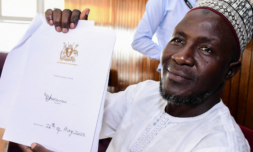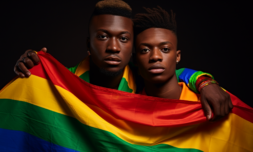Last month, Pope Francis allowed priests to bless same-sex couples, signaling a move towards inclusivity within the Roman Catholic Church. However, African bishops’ strong opposition highlights a clash between the Vatican’s evolving stance and entrenched cultural norms on the continent.
In December, Pope Francis made an announcement on the highly controversial topic of LGBTQ+ blessings in church through an official statement released by the Vatican.
The historic decision to allow same-sex couples to partake marks a departure from traditional Catholic teachings and has ignited a global debate within the church.
Nonetheless, the statement emphasized the church’s commitment to embracing all individuals, irrespective of their sexual orientation or marital status. The Pope stressed the importance of love and understanding within the institution, signaling a move towards a more compassionate and inclusive approach to diverse relationships.
While the announcement has been welcomed by many in the global Catholic community, it has also faced staunch opposition from a significant number of African bishops. The continent, home to a growing Catholic population, has a complex relationship with issues of sexuality.
Many African countries still adhere to conservative traditions and laws that criminalize homosexuality, especially Uganda, which doles out the most severe consequences on matters of ‘taboo’ LGBTQ+ behavior.
These laws against same-sex relationships are echoes of the colonial-era, perpetuating continued discrimination and violence against the gay community. The clash between the Vatican’s progressive stance and Africa’s societal rigidity highlights a broader struggle to ascertain equality on a global scale.
Numerous bishops from Kenya, Nigeria, Zimbabwe, Malawi, and South Africa argue that the Pope’s decision challenges fundamental beliefs of the region. They express concerns that the move may alienate the church from its followers and exacerbate tensions between the Vatican and Africa’s Catholic population.




















